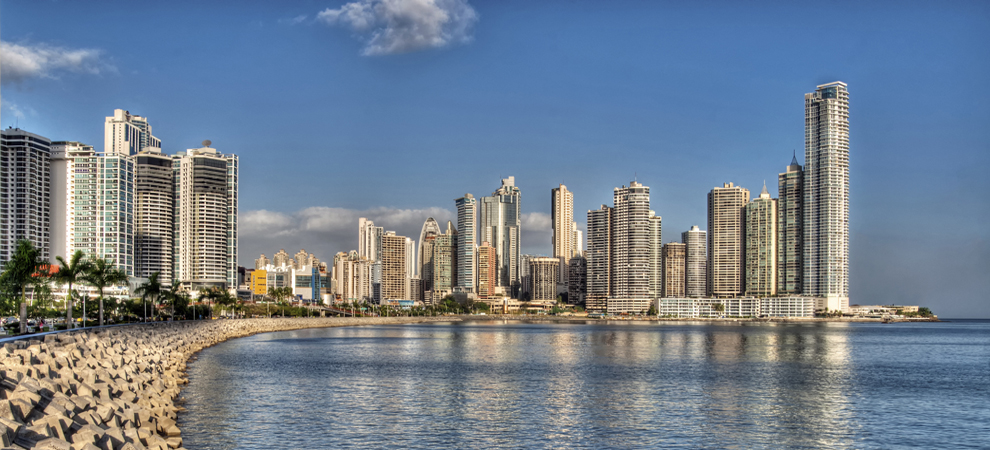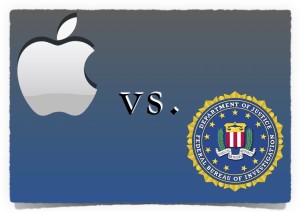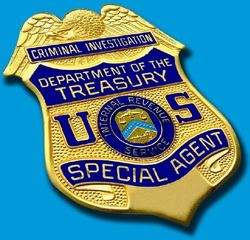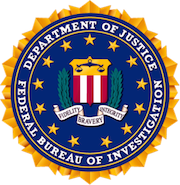Earlier this month, The International Consortium of Investigative Journalists (ICIJ), published reports on their ongoing investigation into the 2.6 terabytes of data leaked from Mossack Fonseca, a Panamanian international law firm. The ICIJ, a global network of over 190 journalists from more than 65 countries, came in contact with the leaked data through a German newspaper, Süddeutsche Zeitung, who i n turn received the data early last year from an anonymous source. The leak was far too big for the German newspaper to handle on its own and enlisted the ICIJ to aid in the investigation of the leaked documents.
n turn received the data early last year from an anonymous source. The leak was far too big for the German newspaper to handle on its own and enlisted the ICIJ to aid in the investigation of the leaked documents.
What is so important about The Panama Papers? The leak, in what is now considered the biggest data leak in history, was dubbed the “Panama Papers” and applies to the 11.5 million documents with detailed information on more than 214,000 offshore companies listed in the firm’s files.
Offshore companies are entities incorporated in offshore jurisdictions, usually in places with: 1) Little to no local taxation; 2) Stable banking centers; and 3) Strict banking secrecy laws. The offshore companies are then used to establish offshore bank accounts, and although they are not illegal, the accounts are used by non-residents to move wealth without any disclosure to the nation of origin, the source of the money, or the business or transactional history whereby the funds came under the control of individuals seeking a “tax haven” for the money acquired. The main issue with these dealings is that the obscure and secretive nature of these accounts easily lends itself to illegal activities, such as money laundering and tax avoidance.
For the past few decades, Panama’s offshore financial center has been catering to an “A list” of bank clients that are now under the microscope for being tied to the offshore accounts in some form or fashion. The leaked documents name real people and their names, including names of shareholders, directors, depositors and owners of interest in funds stowed away beyond the purview of policing agencies and bank regulators…..until now..
The Panama Papers name 140 prominent politicians from more than 50 countries, including the former Prime Minister of Iceland, Sigmundur Davíð Gunnlaugsson. Gunnlaugsson, who became the first “victim” of the scandal, resigned earlier this month for failing to disclose offshore accounts he co-owned with his wife.
The law firm founders, maintain their firm did nothing illegal and issued a detailed statement in response to the scandal on their website. Finely attired in two thousand dollar suits, the attorneys from Panama walked out of a press interview when a Swedish reporter asked an uncomfortable question which our well suited Panamanian lawyer decried as “totally inappropriate.” More creativity would be appreciated by the thousands of victims of the thefts and diversions of public money and illicit transactions funded into the trust account transactions emerging from the “Panama Papers” scandal. More than a scandal it is a horror-show reminder that continued, and will continue, until international bankers see that their true interests are in stopping money laundering rather than pandering to bad actors. But don’t hold your breath: I will keep breathing and writing, so standby!
 South Florida Criminal Defense Lawyer Blog
South Florida Criminal Defense Lawyer Blog








 The series is about Steven Avery’s rape conviction, eighteen-year incarceration, subsequent exoneration and release, the wrongful incarceration law suit and finally a murder conviction following hard upon his release and lawsuit. The story of Mr. Avery’s rape conviction, incarceration and subsequent murder conviction has spotlighted what has been portrayed as corruption and a venal manipulation of evidence, and the courts by the police to silence a wrong by imposing an additional wrong.. In what is an epiphany for many, the criminal justice system is seen as a system that is criminal in what it does to any concept of justice.
The series is about Steven Avery’s rape conviction, eighteen-year incarceration, subsequent exoneration and release, the wrongful incarceration law suit and finally a murder conviction following hard upon his release and lawsuit. The story of Mr. Avery’s rape conviction, incarceration and subsequent murder conviction has spotlighted what has been portrayed as corruption and a venal manipulation of evidence, and the courts by the police to silence a wrong by imposing an additional wrong.. In what is an epiphany for many, the criminal justice system is seen as a system that is criminal in what it does to any concept of justice.

